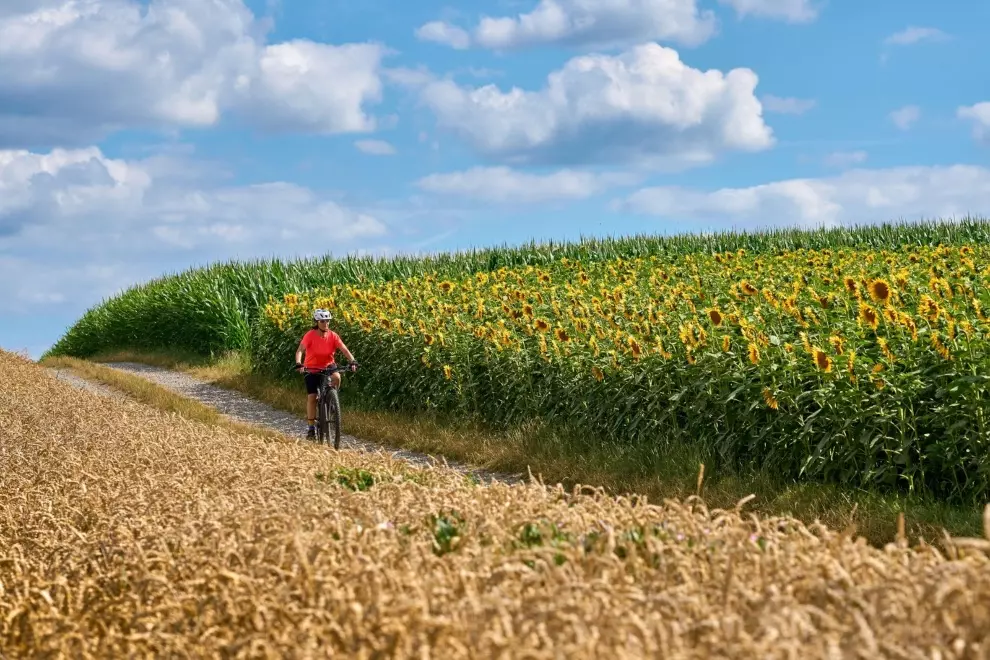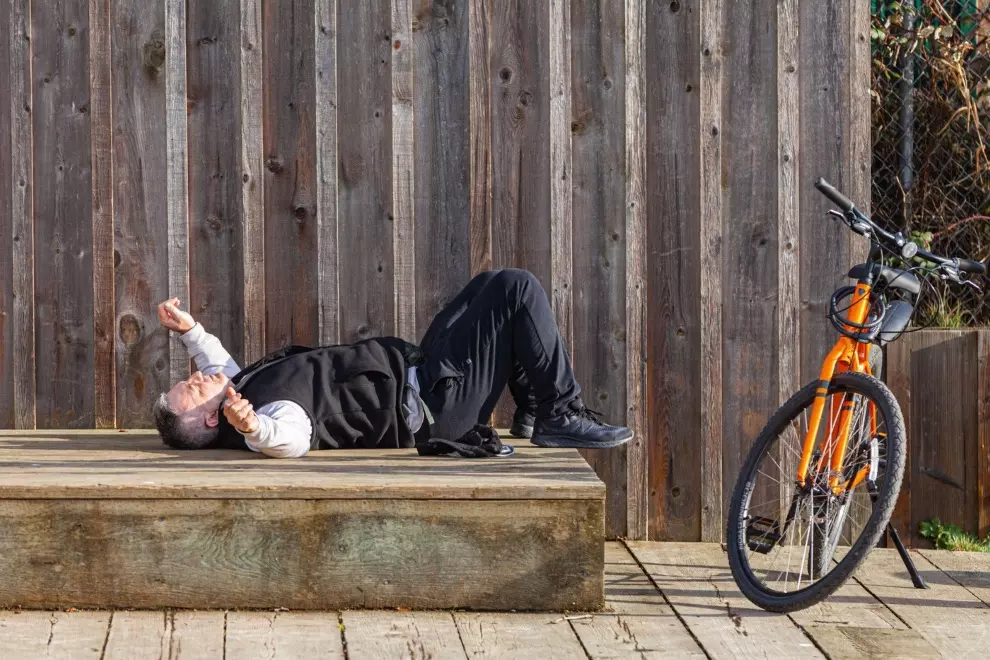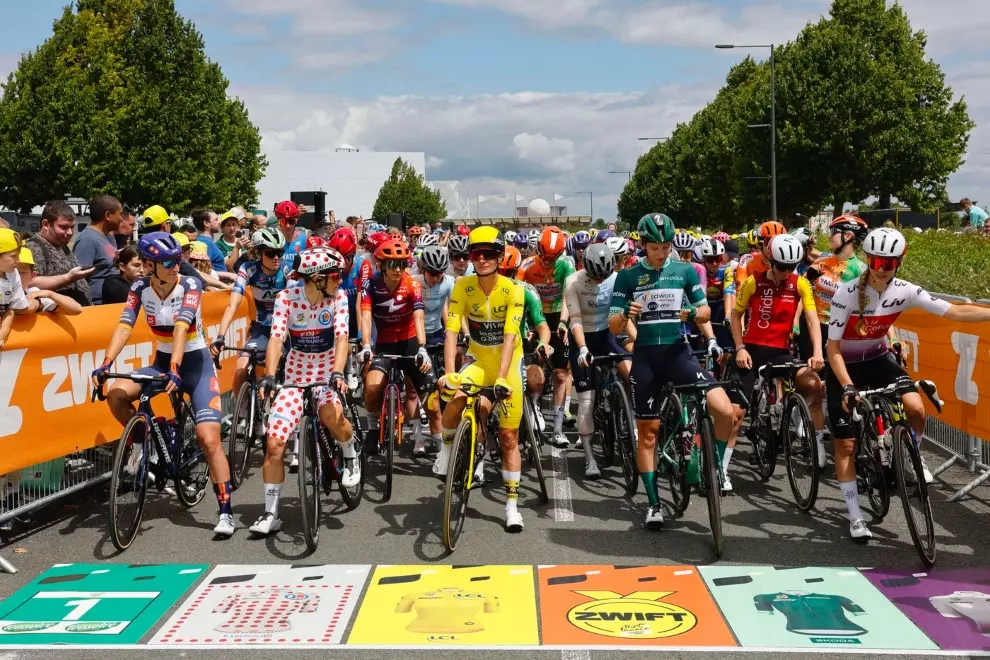Shortly after authorities ended the lockdown in spring, the former French Elisabeth Borne told the Paris Match magazine that in only a few weeks, the Covid-19 crisis has won more for cycling than years of bicycle advocating. In her speech to the nation earlier, she promised to triple the number of cyclists in the country. To support the cycling policy, the French government announced to spend €20 million on emergency cycling measures comprising costs of individual bike repairs up to €50 per citizen.

The good news is that the budget was increased to €60 million, enabling more people to take advantage of the pro-cycling campaign. Besides covering the costs of fixing their current bikes, the state subsidies can help people with purchasing e-bikes. The new Minister of Ecology Barbara Pompili ensured that the €50 subsidy will be available until the end of the year.
In the scheme prepared in collaboration with the Federation of Bicycle Users, the government assigned over 3,000 local mechanics who agreed to fix the bikes in line with the given budget. People interested in utilizing the offer need to register at a dedicated website and chose a preferred bike shop on an interactive map. The €50 budget covers elementary maintenance, which might include changing worn parts like old tyres or chain.

The funding encourages people to turn from other means of transport to bicycle commuting to keep pollution levels as low as during the lockdown when motorised traffic was remarkably limited in most French cities.
Despite these latest measures, however, only three in 100 workers in France commute by bike. A car remains the primary means of transport for 70 per cent of the population. To expand the number of bike commuters, the state will spend €350 million on improving cycling infrastructure and removing subjects that could pose a danger to cyclists.
Only in Paris, the mayor Anne Hidalgo intended to double the number of cycle lanes from 700 km to 1,400 km till the end of 2020. She had to revise the plans because of slowing down of the effort later, but some 1,000 of the brand new cycle paths are likely to be introduced before next year’s spring elections. Even though she had to revise the plans regarding a slowdown of the efforts, some 1,000 km of brand new cycle paths are likely to be introduced before next year’s spring elections.

During the spring lockdown, Paris barred individual car traffic from some of the central roads including the Rue de Rivoli, which now has separate lanes for bikes. Some exemptions were issued for busses, cabs, certain supply deliveries and emergency vehicles. At first, this famous street in Paris, running from Bastille to the Concorde, was reserved for pedestrians and cyclists only for the duration of the pandemic restrictions yet after the measures proved successful, authorities confirmed that the cars are not going to return to the iconic thoroughfare anymore.
There is also the RER V cycle network, named after the RER train network that connects downtown Paris with the suburbs and which enables a feasible link for people living outside the Paris ring road. The plan for future envisions large comfortable bike lanes where cyclists can ride without fear over long distances. More and more people are getting familiar with the term “vélotaf”, which is the combination of words for a bike and the slang for commuting by bike. If the process keeps running, we will witness Anne Hidalgo’s dream come true. She wants to have the city “100 per cent” bike friendly by 2024.




